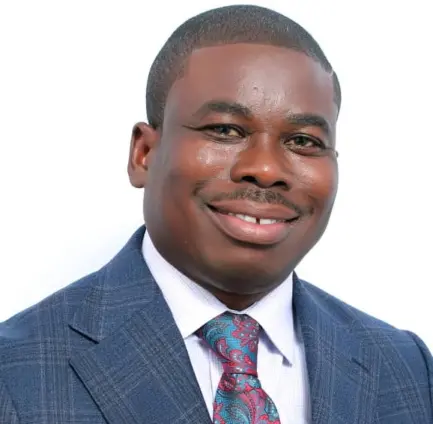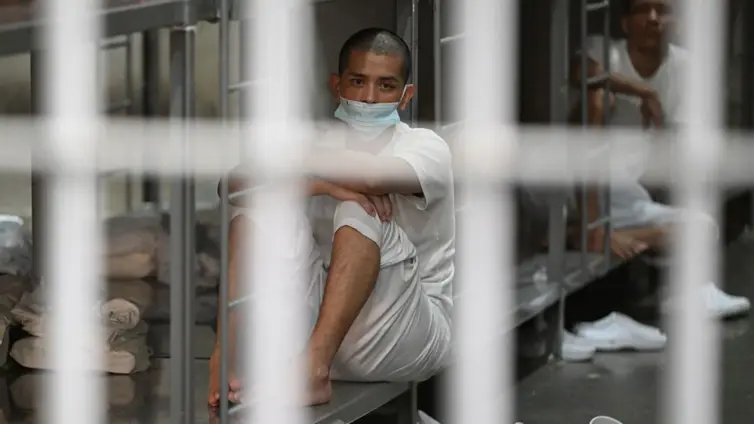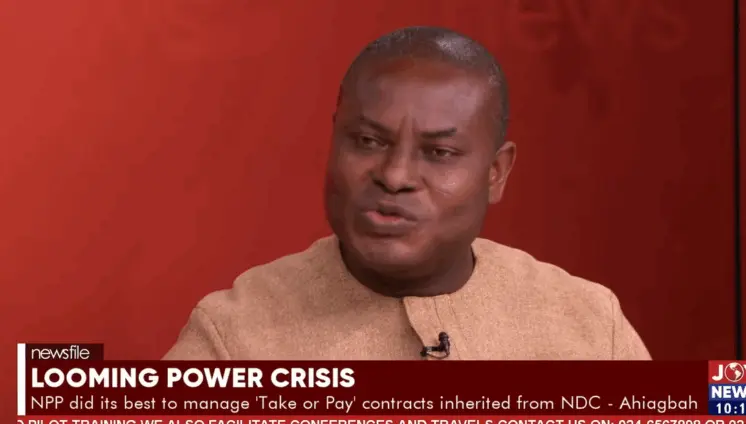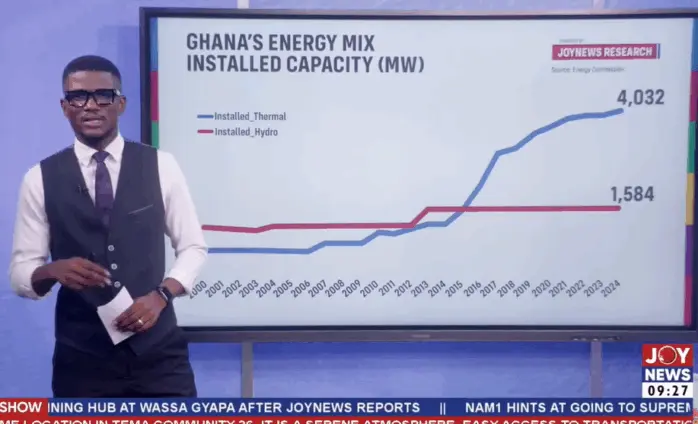The debate over how to best address Ghana revenue leakage has intensified recently, fueled by strong opinions surrounding Strategic Mobilisation Ghana Ltd (SML). Rev. Charles Owusu, a prominent voice in advocating for good governance, has emerged as a staunch defender of SML, asserting that resistance to the company’s involvement stems from vested interests benefiting from the current system. His passionate defense, articulated in a recent MyJoyonline interview, frames the controversy not as a question of SML’s efficacy, but as a struggle against entrenched cartels profiting from the status quo.
Strategic Mobilisation Ghana Ltd (SML) was contracted to monitor revenue in key sectors of the Ghanaian economy, with the aim of curbing significant revenue losses. Rev. Owusu believes that the opposition SML faces is rooted in the threat it poses to those benefiting from the existing leakages. This article will delve into Rev. Owusu’s arguments, the counterclaims, and the broader context surrounding the SML solution controversy.
Rev. Charles Owusu, the former Head of Monitoring at the Forestry Commission, has built a reputation as a vocal advocate for good governance. His experience in monitoring and combating illegal activities within the forestry sector lends credibility to his pronouncements on revenue assurance in other sectors. While specific allegations against SML have included concerns about transparency and the perceived cost-effectiveness of their operations (areas needing further investigation to be fully understood), Rev. Owusu refutes these criticisms by pointing to alleged successes in sectors where SML has been deployed.
According to Rev. Owusu, resistance to the SML solution is primarily driven by those who directly benefit from the existing inefficiencies and loopholes that enable Ghana revenue leakage. He argues that these individuals and groups, whom he describes as a “cartel,” are actively working to undermine SML’s efforts because they threaten their illicit gains. “It is only a cartel that obviously benefits from the leakage that will oppose any solution to fix the rot,” Rev. Owusu stated, emphasizing the self-serving motives he believes are at play.
Rev. Owusu contends that the data demonstrates SML’s positive impact. He specifically points to the downstream sector, where he claims revenue shortfalls decreased after SML’s involvement. For Rev. Owusu, the alleged tangible improvements in revenue collection are a clear indication of SML’s effectiveness, regardless of any criticisms or concerns raised by others. He believes that in this case, the “data speaks for itself.”
The Ghana Revenue Authority (GRA) recently announced the suspension of SML’s upstream petroleum revenue assurance operations, citing the need for “further review.” This announcement added another layer of complexity to the already contentious debate surrounding SML’s role in revenue monitoring.
Rev. Owusu responded to the GRA’s announcement with disbelief, challenging the very basis of the suspension. He argued that the upstream project had not even commenced at the time of the suspension, rendering the GRA’s action illogical. “The project has not even started. How can you suspend something that has not commenced?” Rev. Owusu questioned, highlighting the apparent discrepancy between the GRA’s statement and the actual status of the project.
Furthermore, Rev. Owusu expressed concerns regarding the GRA’s assertion that SML was unilaterally expanding its operations into the upstream sector without proper approval. He questioned the source of the GRA’s information and demanded clarity on the matter. “Where did the GRA get the information about SML expanding into upstream unilaterally? This is serious and deserves clarity,” Rev. Owusu stated, implying potential misinformation or a misunderstanding of the facts.
Rev. Owusu has issued a plea for Ghanaians to prioritize national interests and embrace solutions like SML, which he believes can help combat corruption and revenue losses. He urges citizens to look beyond individual or parochial considerations and focus on the greater good of the country. “We must embrace home-grown solutions like SML if we are serious about fighting corruption and plugging revenue losses in critical sectors of the economy,” he declared.
Dr. Eric Boachie Yiadom of UPSA has also voiced his support, characterizing the SML system as the best technological solution currently available to address tax revenue leakages in Ghana. This endorsement from an academic further bolsters the argument for SML as a viable means of improving revenue collection.
Rev. Owusu warns that continued resistance to technological oversight and innovative solutions will only serve to benefit a select few at the expense of Ghana’s overall economic well-being. He emphasizes the need to protect national resources and prevent the perpetuation of illegal profits. “This country belongs to all of us. Let us stop protecting illegal profits and start protecting national resources. SML offers a real solution, and we must not let a few people hold Ghana back,” Owusu said.
In summary, Rev. Owusu’s defense of SML centers on the existence of significant Ghana revenue leakage, the potential of the SML solution to address it, and the assertion that vested interests are actively opposing the company’s efforts. The controversy surrounding SML underscores the need for transparency, accountability, and a commitment to prioritizing Ghana’s national interest in the ongoing fight against revenue losses.
Image Source: MYJOYONLINE






















